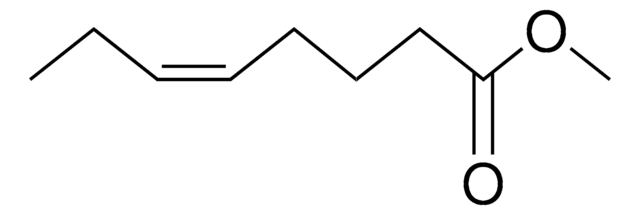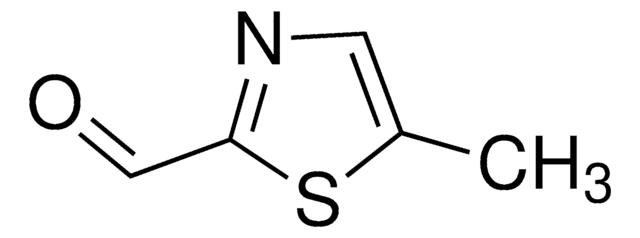W530526
5-Isobutyl-2,3-dimethylpyrazine
97%
Synonym(s):
2,3-Dimethyl-5-(2-methylpropyl)pyrazine, 2,3-Dimethyl-5-isobutylpyrazine
About This Item
Recommended Products
biological source
synthetic
grade
Kosher
assay
97%
refractive index
n20/D 1.492
density
0.925 g/mL at 25 °C
application(s)
flavors and fragrances
documentation
see Safety & Documentation for available documents
food allergen
no known allergens
organoleptic
green; leafy
SMILES string
CC(C)Cc1cnc(C)c(C)n1
InChI
1S/C10H16N2/c1-7(2)5-10-6-11-8(3)9(4)12-10/h6-7H,5H2,1-4H3
InChI key
HPAYBTQBMQPWCN-UHFFFAOYSA-N
Certificates of Analysis (COA)
Search for Certificates of Analysis (COA) by entering the products Lot/Batch Number. Lot and Batch Numbers can be found on a product’s label following the words ‘Lot’ or ‘Batch’.
Already Own This Product?
Find documentation for the products that you have recently purchased in the Document Library.
Our team of scientists has experience in all areas of research including Life Science, Material Science, Chemical Synthesis, Chromatography, Analytical and many others.
Contact Technical Service









